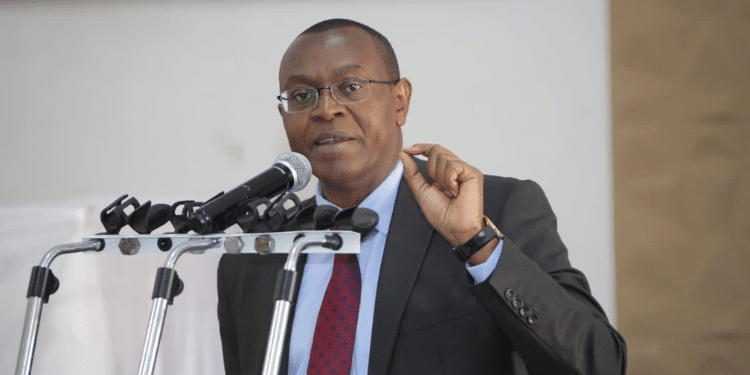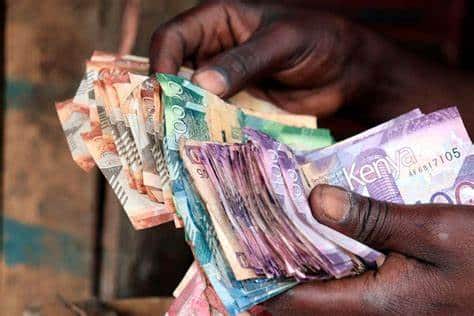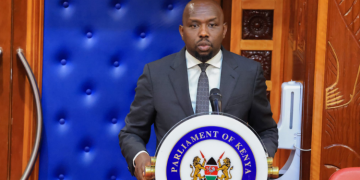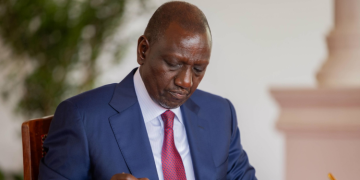A report by a digital lending company, Tala has revealed that most Kenyans consider interest rate when choosing digital lenders in 2024.
In a report on March 19, 2024, repayment period ranks second to Kenyans when settling for mobile loan lenders.
In the report, the number of digital loan lenders stand at 43% in 2024, a slight increase in numbers recorded in 2023 which stood at 42%.
The latest Tala Impact Report also showed that recommendation, star rating in Play Store and advertisement creativity ranks least among most Kenyans when opting for digital lenders.
Moreover, customer service and ease of using the app have emerged as crucial factors in borrower preferences.

Borrowing Trends in Kenya
Additionally, the licensed status of lenders by the Central Bank of Kenya (CBK) has gained significance among borrowers.
The report revealed a trend wherein nearly six out of every ten consumers utilize more than one digital lender.
This behavior suggests a potential strategy by Kenyans of borrowing from one lender to pay off another, thereby managing and reducing loan amounts.
Moreover, the report emphasized that loan collection tactics play a significant role in determining from which lenders consumers choose to borrow.
This preference, the report stated, most Kenyans have adopted aims to steer clear of lenders employing aggressive or unfavorable collection methods.
Furthermore, the popularity of digital lending platforms has emerged as a factor influencing borrower decisions on the report.
A lender’s reputation and market presence contribute to its perceived reliability and trustworthiness among consumers.
Also Read: CBK Reveals Kenyan Banks Offering Low Interest Loans
Ease of Credit Access
Equally important to note, digital credit has witnessed a surge in Kenya, driven primarily by its easy accessibility and comparatively lower interest rates than traditional banking institutions.
According to the latest Financial Access Survey by the Kenya National Bureau of Statistics, approximately 4% of Kenyans access credit through digital credit providers (DCPs).
The prevalence of borrowing from multiple digital lenders simultaneously is evident, with 57% of Tala consumers engaging in this practice.
This behavior could be attributed to a strategic approach to managing debts by leveraging multiple lending sources.
The report further emphasizes that consumers prioritize access to funds and favorable repayment periods, highlighting a consistent trend observed over the years.
“Consumers are most concerned about access and repayment period, continuing the trend seen over the years. Loan collection tactics are increasingly determining which lenders consumers will borrow from to avoid crude lenders,” the report said.
Additionally, there’s a growing awareness among borrowers regarding the collection practices of lenders, influencing their borrowing decisions to avoid dealing with unscrupulous actors.
CBK Interventions
In response to the burgeoning digital lending industry, the Central Bank of Kenya took regulatory measures to license and oversee digital credit providers.
Also Read: What If Kenya Defaults on Its Loans? Is Auction an Option?
As part of these regulations introduced in the previous year, 51 DCPs have been licensed to operate locally.
These measures aim to safeguard consumers and regulate the use of consumer data by lenders.
Tala, a prominent player in the digital lending landscape, reports processing nearly $200 million (Ksh.26.7 billion) in monthly transactions.
Serving over eight million customers across Kenya, the Philippines, Mexico, and India, Tala entered the Kenyan market in 2014.







































































